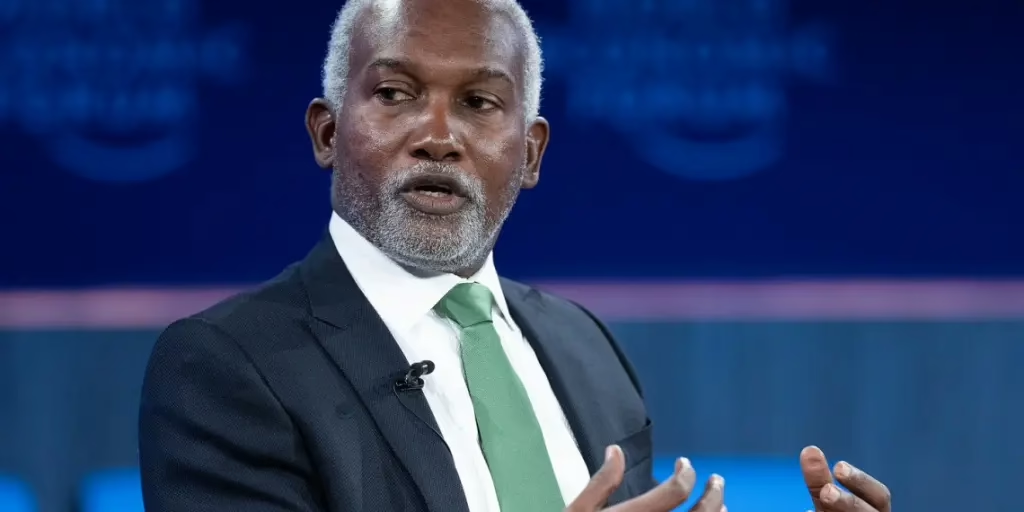On Thursday, the Nigerian Senate moved forward with the tax reform bills presented by President Bola Tinubu in October 2024, passing them for a second reading after a thorough debate among senators.
Following the discussion, the bills were sent to the Committee on Finance, which has been tasked with providing a report within six weeks.
Prior to the debate, the lawmakers convened in a closed-door session for about an hour. Upon reconvening, Senate Leader Opeyemi Bamidele (APC, Ekiti Central) took the lead in the debate on the proposed legislation.
According to reports from The Punch, the four tax bills under consideration include the Nigeria Tax Bill 2024, designed to establish a comprehensive fiscal framework for taxation in the nation, and the Tax Administration Bill, which aims to create a legal structure for tax administration and minimize disputes.
Additionally, the Nigeria Revenue Service Establishment Bill seeks to repeal the Federal Inland Revenue Service Act and establish the Nigeria Revenue Service, while the Joint Revenue Board Establishment Bill plans to set up a tax tribunal and tax ombudsman.
Bamidele stated, “The Nigerian tax reform bills represent a crucial step towards revamping the nation’s tax framework. These legislations are intended to simplify the tax system, lessen the tax burden on small enterprises, and enhance the efficiency of tax collection processes.
“Overall, the four bills aim to harmonize tax revenue administration in Nigeria in alignment with constitutional provisions, eradicate instances of double taxation nationwide, utilize taxation to promote private sector investments in essential industries, and elevate individual disposable incomes through specific tax exemptions outlined in the bills.”
In terms of tax exemptions, the proposals include exempting individuals earning no more than the minimum wage from P.A.YE deductions, as well as relieving small businesses with an annual turnover of N50,000,000 or less from tax liabilities. Furthermore, there is a significant proposal to reduce the corporate income tax rate from the current 30% to 25% by 2026, as part of an effort to eliminate double taxation and various levies.
The bills garnered support from several lawmakers, including Senators Sani Musa (APC, Niger East), Seriake Dickson (PDP, Bayelsa West), and Tahir Mongunu (APC, Borno North).
However, Senator Ali Ndume (APC, Borno South) voiced concerns, suggesting that the bill be postponed for further discussions, citing timing issues and concerns related to derivation and VAT.
When Senate President Godswill Akpabio called for a voice vote on the bills, the majority of senators responded with an enthusiastic “Aye,” prompting Akpabio to confirm the passage with a gavel strike.
According to PUNCH Online, the president’s economic team, led by Taiwo Oyedele, the Chairman of the Presidential Committee on Fiscal Policy and Tax Reforms, along with Zacchaeus Adedeji, Chairman of the Federal Inland Revenue Tax, and Tanimu Yakubu, Director-General of the Budget Office, were invited to the plenary to provide detailed explanations of the bills to the lawmakers.










Leave a Reply